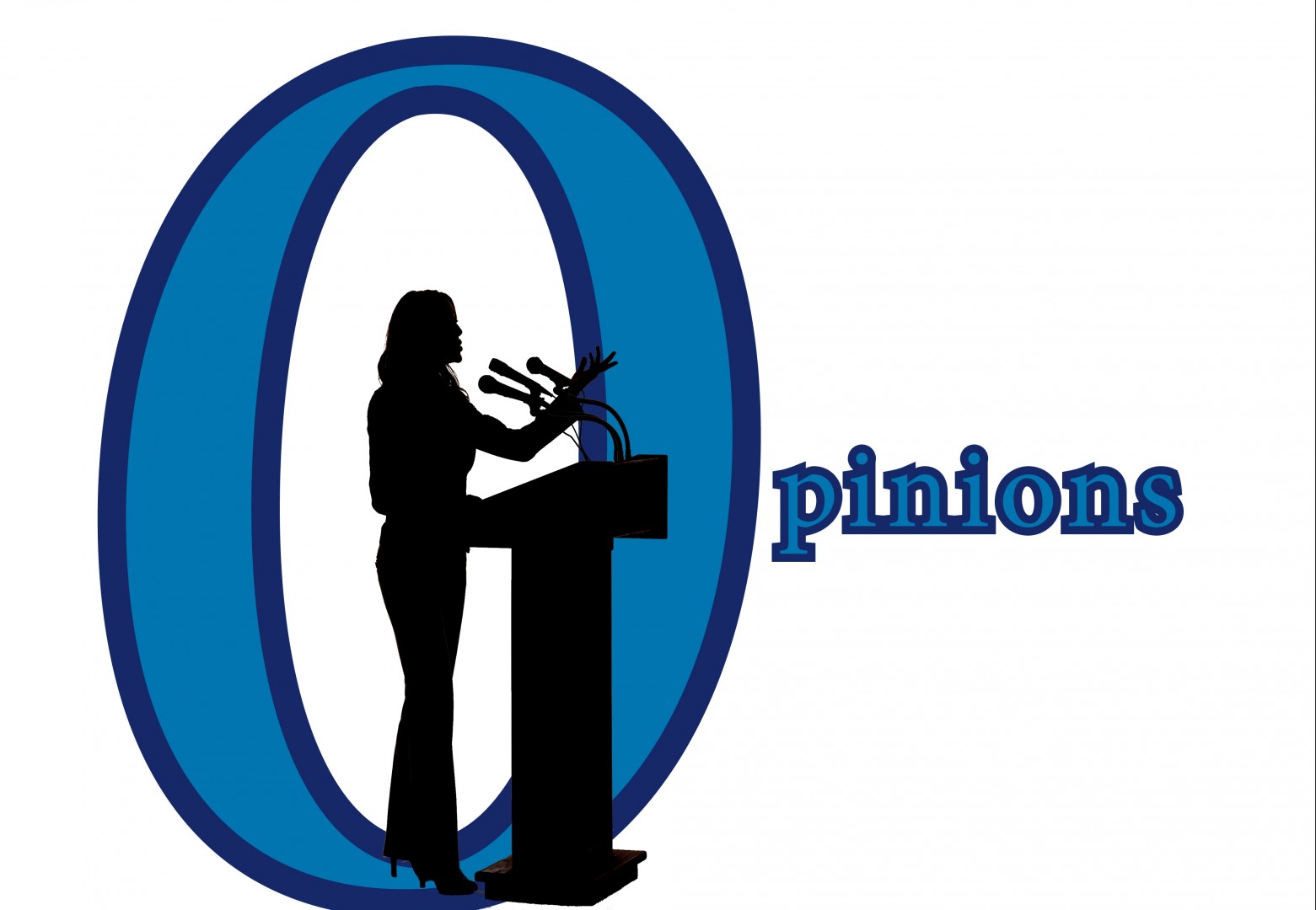We all see the signs touting them every quarter: “Career Fair TODAY in Gates Fieldhouse.” They promise us the opportunity to interact and connect with a plethora of employers. While attending a career fair is no guarantee of a connection or job lead, it does provide students committed to the process a place to start or further their search.
I’ve attended two career fairs this year, the ones offered during the fall quarter and spring quarter. As a freshman, the fair in fall quarter was slightly overwhelming: big name companies with tables scattered all around the Gates Fieldhouse, a large number of attendees and some general shock I felt going to a career fair for the first time.
The career fairs can really be boiled down to what you make of them. If you walk in with your résumé in hand and with specific questions for specific employers you are interested in, you are setting yourself up for a great deal of opportunity.
On the other hand, if you walk in unprepared and only pick up brochures of information you’ll never read through, there’s not much point in going at all. The companies for each career fair are listed on the pioneer careers website for at least a month before each fair. It would be wise to check out this list and research potential employers before coming to the career fair in the first place.
It all comes down to how committed you are and how well you can present your academic and work experience to the employers.
After shaking some hands, picking up some information and walking around for awhile, I had broken the ice and had become somewhat comfortable. But I had made absolutely no progress in looking for a possible summer internship.
Last Wednesday, I walked into the Nonprofit and Government career fair with a mission to either learn about a new organization that might have a summer opportunity available or to learn about applying for an opportunity with an organization I expected to be there.
My fellow job hunters were a mix of undergraduates and graduate students perusing the tables of organizations from the U.S. State Department to the City of Denver to History Colorado.
I found the table for Grassroots Campaigns, a political advocacy group I had worked for doing canvassing before Election Day last fall. Now, they are planning summer fundraising and canvassing campaigns for progressive causes and looking for activists to work on their teams. After a brief introduction, the man staffing the table offered me an interview the next day.
At the interview, I was asked about what causes I am passionate about, my previous work experience and what I could contribute to a team if selected. After touching all of those points and discussing my own views on political activism, I was hired for the summer on the spot.
Obviously, my story is not a realistic story in terms of what to expect from the career fairs offered by DU every quarter, given the fact I had worked for Grassroots before and was familiar with their campaigns. But it nonetheless demonstrates that students who walk into the fairs with a serious plan as to what they want to accomplish can make headway.
There are no guarantees, but walking through the fair and learning more about potential opportunities certainly cannot hurt in the long run. And if you just happen to be at the right place at the right time, you just might walk out with an interview or a job.










